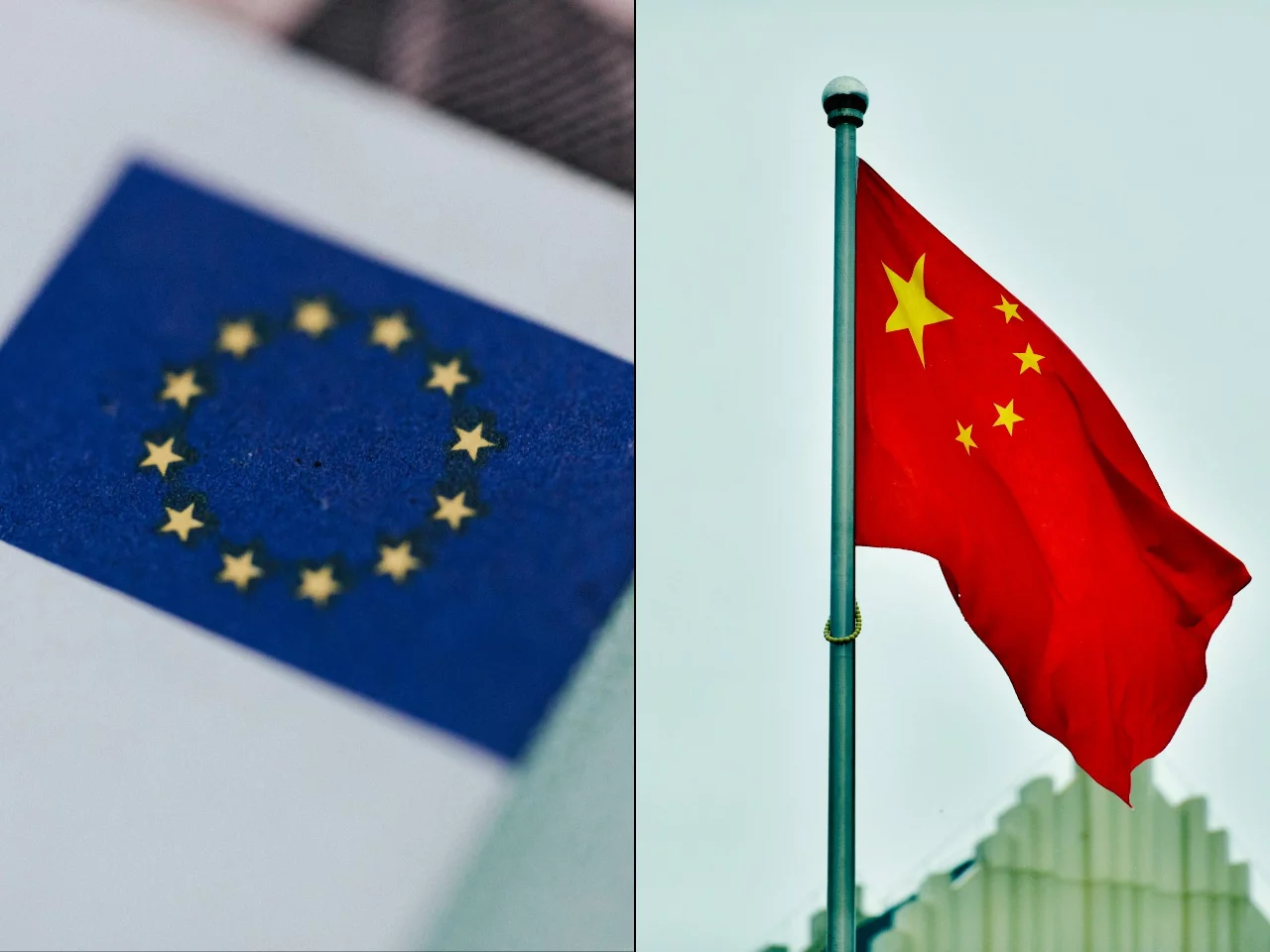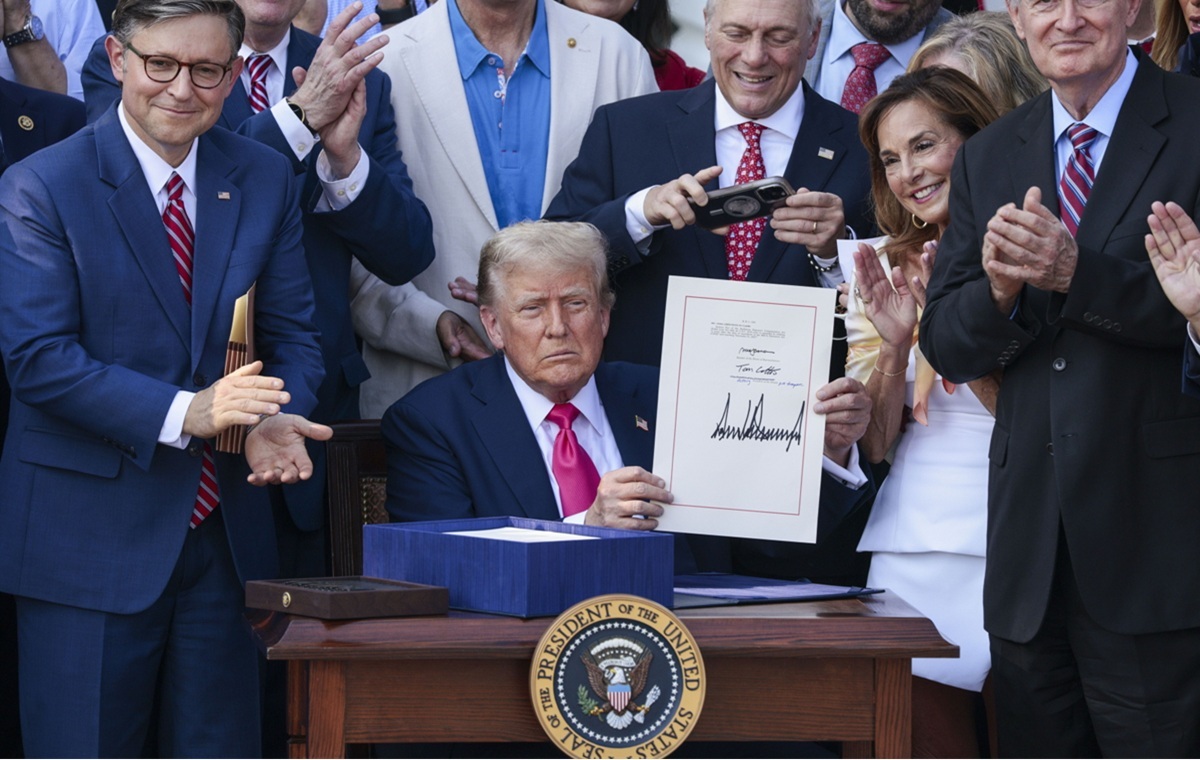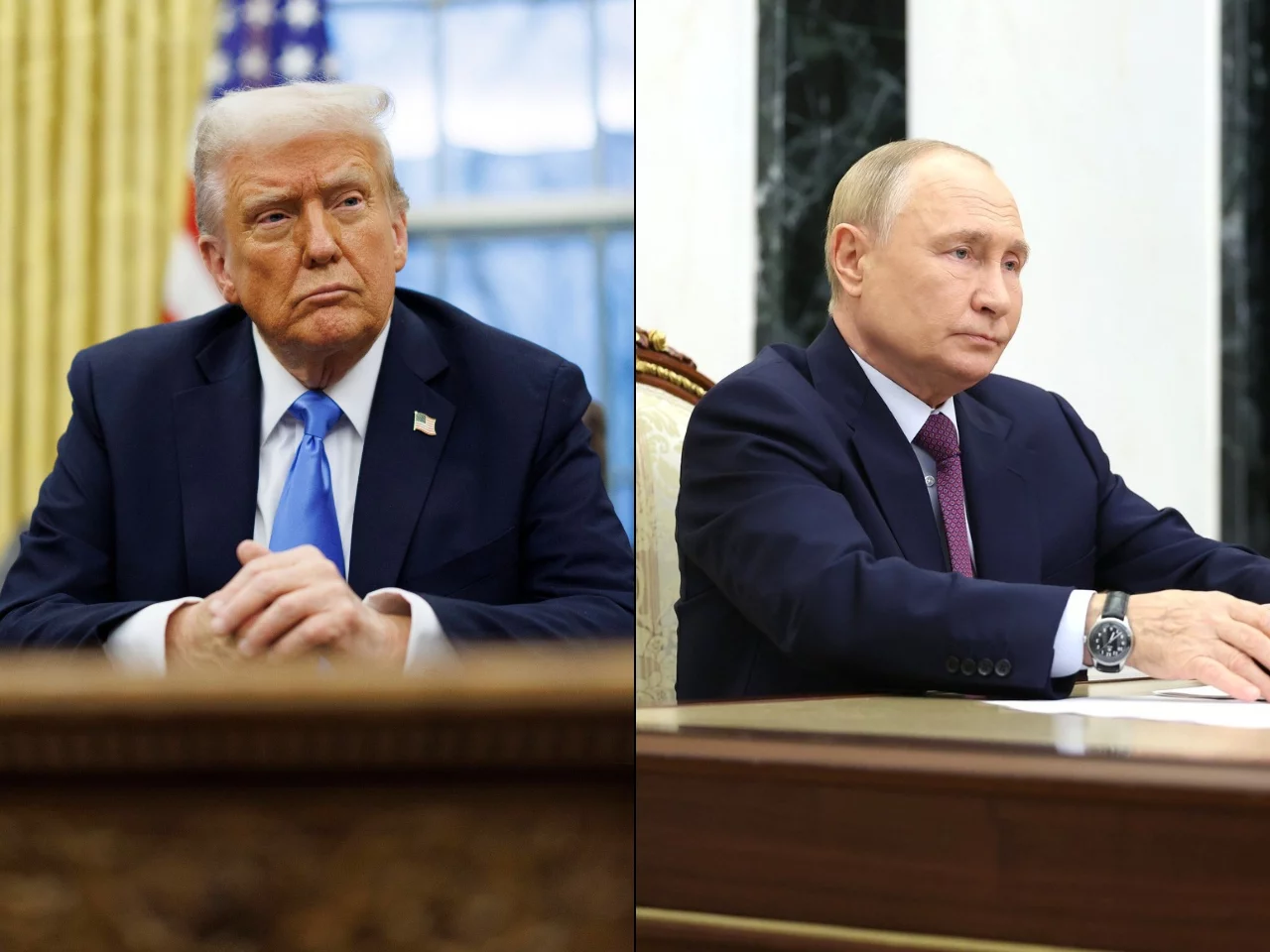Historical calendar – the anniversary of the outbreak of the Wielkopolska Uprising against Prussia. The uprising ended with a large triumph of the Polish side.
Today in our calendar we will look at the spheres of conflict to join Wielkopolska in the reborn Republic of Poland.
The Polish State, which declared independency in October 1918, had a very uncertain border status. At the time of the capitulation of the central states, the breakdown of Austro-Hungarian and the outbreak of civilian war in Russia, there were hopes of uniting 3 partitions. The simultaneous defeat and weakening of all 3 of the possessors provided a unique and historical opportunity. Germany was the most serious opponent on the verge of independence.
Berlin categorically rejected the anticipation of peacefully giving up part of its territory. On the another hand, Poles from Wielkopolska and Silesia did not intend to wait for the verdict of the victorious powers or the possible aid of the reborn Kingdom of Poland. They started organizing themselves. On 14 November 1918, organized in respective illegal organizations of the Prussian partition elite established the ultimate People's Council (NRL), which intended to take power in Wielkopolska, Pomerania and Silesia.
The NRL Executive Body was the Commission of priest Stanisław Adamski, Stefan Łaszewski, Adam Poszwiński and Wojciech Korfanty at the head. On 3 December, a territory parliament gathered, which decided to establish Polish military and police troops. In their actions, both the NRL and the Police Department referred to cooperation with the West National Committee of Poland Dmowski.
The German consequence was firm – military units were collected from the front and militia troops were created, based mainly on local nationalists from the Hakata sign. all day there was a crisis that could have ended in bloodshed. Both sides played on time to better prepare for inevitable confrontation. The breakthrough was to arrive at Poznań Ignacy Paderewski on 26 December. The following day the armed Uprising of Wielkopolska began.
Poles, although they did not have a single command (which besides made it hard for the Prusai to deconspirate the insurgent plans), were well prepared to fight and in just a fewer days they mastered the key points in the Prussian partition. Harder fights took place in Bydgoszcz and Inowrocław. The situation was facilitated by the disorganization and low morale of German forces, which frequently surrendered without a fight, giving the Poles arms and ammunition. On 28 December a uniform command of insurgent forces was established, over which in January the command of General Józef Dowbor – Musnicki was established.
More aid from Warsaw was expected, nevertheless Piłsudski refused. A general intake was carried out, which was further assisted by volunteers from another occupations. Meanwhile, Germans brought experienced front troops to Wielkopolska, which went to the counteroffensive. The fierce Polish defence interrupted the intervention of Ententa diplomats. They forced the fighting ceasefire until the provisions of the Versailles Conference. The temporary separation line of the combatants later became a state border.
Previous entry from our calendar is available Here.















